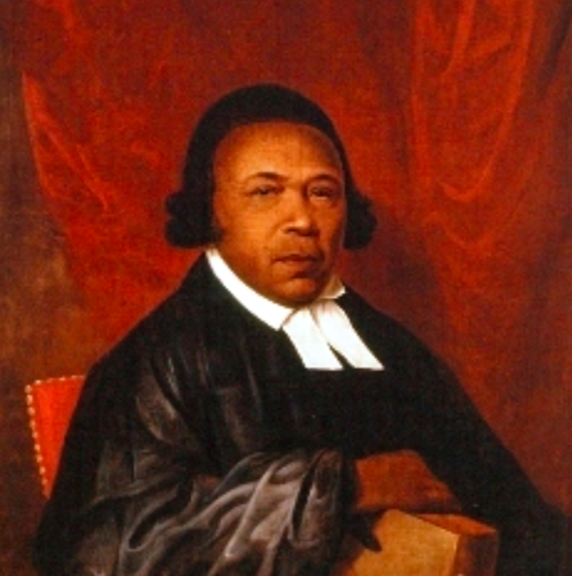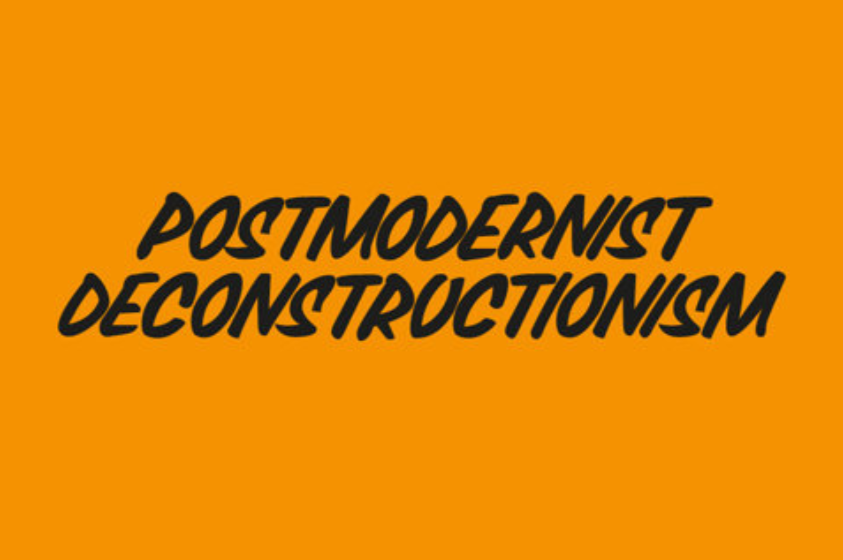I wrote this on a social media thread, and chose to use ALL CAPS as a metaphor for the theme of domination and power that I was exploring. I have been influenced to use ALL CAPS in a non-angry way by another writer whose writing on philosophy and spirituality is superb. Somehow his capitalized expressions do not come across as yelling but as emphasizing (as if italicized).
*********
So, this philosopher Derrida is very popular with the young activist crowd (and some old ones, too). He’s the guy who made an IDEA extremely popular… the idea that all systems, relationships and momentary exchanges are hierarchical in nature and are rooted entirely in POWER dynamics and the drive to DOMINATE.
Derrida went on to exhort us all to FLIP the hierarchy at every possible turn. In other words, we are called to reverse the power dynamics at all times… moment by moment… individuals and systems.
With this premise, it’s perfectly understandable why entire frameworks are created with a straight-out-of-the-gate adversarial stance against “the other” and the feverish drive to “dismantle” all things created and to win back the power that was stolen.
But, a question arises.
What if the original premise is incorrect? What if some -or perhaps many- people simply interacted with us out of the desire to connect? What if some -or perhaps many- people recognized differences in wealth, fortune and status between them and us and desired to share at least part of what they have with us? What if some -or perhaps many- people are simply not AWARE of these differences or how they fail to SEE us or our suffering and oppression?
What if the central premise of POWER and domination being at the root of all systems and relationships is not entirely accurate? What if this premise is just an INVENTED position based from painful personal experience and not a DISCOVERED pattern based on objective observations over time?
I ask this, because I have seen so many other premises (or operating PRINCIPLES) driving the behaviors and creations of individuals, communities and even entire systems…. lust, desire, longing, existential despair, desire for comfort, winning, striving for excellence, creating beauty, new discoveries, the seeking of justice, intentional ignorance of unpleasant realities, fear of death…. turning away from abuses…. and so forth.
Then there is the wondrous delight of building, innovating and creating….. and the ancient, universal and natural patterns of loving, belonging and nurturing…. so, so, so, so, SO much more to all of this than the Game of Thrones.
At least that has been my experience.
In recent years, I’ve seen relatives killed with bullets by law enforcement, dear friends lost forever to addiction, abuse and cruelty, students stabbed to death and shot outside their homes, liars getting away with lies, and the emergence of a culture of ridicule that demands that we diminish the all too real suffering of those whom we stand against.
And, yet I still cannot get behind the idea that life is all about domination, oppression and control. I believe in the goodness of people, even now.
What if re-designing and re-purposing lazily and selfishly designed systems for the betterment of all involved at least some degree of kinship with “them”… if only in the secret chambers of our minds?
What if a person who writes out ideas and questions like these doesn’t have any answers or solutions at all?
What if the answers we find in writers and thinkers lead us further away from ourselves and from one another?
What if this is all just an addiction to “the fight” to escape ourselves?





